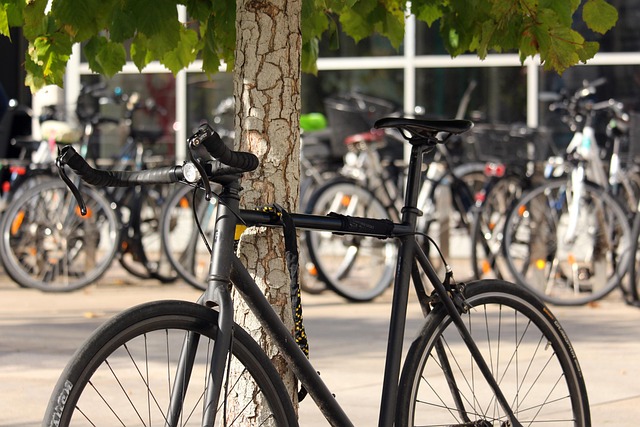There’s a certain quiet revolution happening in the fields around us. It’s a shift driven by a shared feeling – a deep-seated hope for a future where we can nourish ourselves without depleting the planet. It’s the understanding that the health of the soil, the purity of the water, and the vibrancy of biodiversity are intrinsically linked to our own well-being. This feeling is at the heart of sustainable agriculture, and in today’s world, it’s being amplified by innovation and collective action.
Technology, often seen as separate from the ancient practice of farming, is now a powerful ally. Precision agriculture, powered by GPS, sensors, and data analytics, allows farmers to use resources like water and fertilizer with unprecedented efficiency. Drones monitor crop health, AI helps predict yields and pest outbreaks, and IoT devices give real-time insights into soil conditions. This isn’t just about growing more; it’s about growing smarter, minimizing waste, and reducing environmental impact. Imagine a future where every drop of water and every gram of nutrient is used exactly where and when it’s needed, thanks to intelligent systems.
Navigating the Digital Field: Technology Etiquette in Agriculture
However, as technology weaves itself into the fabric of farming, questions of etiquette arise. How do we ensure this data-rich world benefits all farmers, from large operations to small family farms? There’s a crucial need for accessibility and training, ensuring technology doesn’t create a new divide. Ethical considerations around data ownership and privacy are paramount – farmers’ data about their land and practices must be protected. Furthermore, we need ‘digital sustainability’ in farming tech itself – durable hardware, energy-efficient systems, and careful management of electronic waste. Technology must serve the land and the people who work it, not the other way around.
The People-Powered Shift: Social Trends Driving Sustainability
Alongside technological leaps, powerful social trends are reshaping agriculture from the ground up. Consumers are increasingly demanding transparency – they want to know where their food comes from, how it was grown, and its environmental footprint. This surge in conscious consumerism is a direct driver for sustainable and ethical practices. Movements promoting regenerative agriculture, agroecology, and local food systems are gaining momentum, fostering community and sharing knowledge outside traditional channels. Social media platforms, while often noisy, also serve as vibrant spaces for farmers to connect, share sustainable techniques, and build direct relationships with eaters. This collective voice is advocating for policy changes, supporting farmer’s markets, and prioritizing food that aligns with our values.
The convergence of these forces – smart technology guided by ethical principles and farming practices shaped by informed, connected communities – holds immense promise. It’s a journey towards a food system that respects planetary boundaries, supports rural livelihoods, and provides healthy, sustainable food for everyone. This isn’t just a theoretical concept; it’s happening now, driven by that fundamental feeling of wanting a better future, rooted in the soil.




